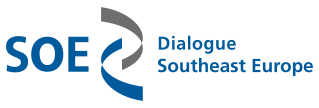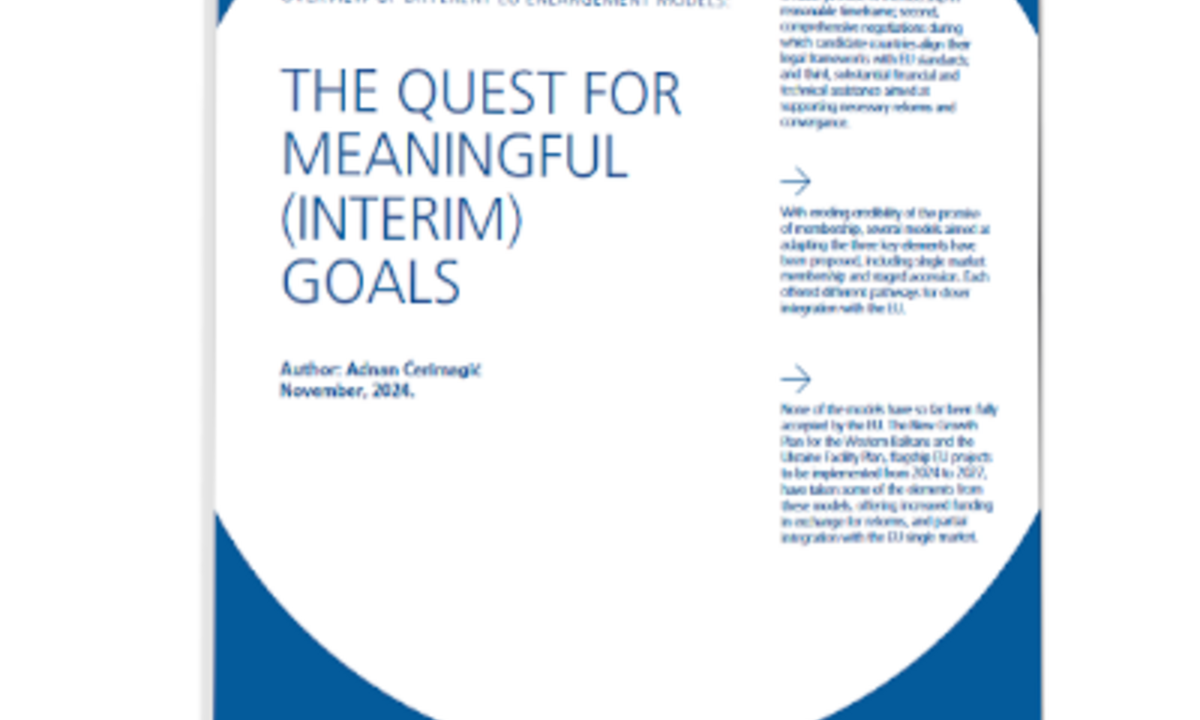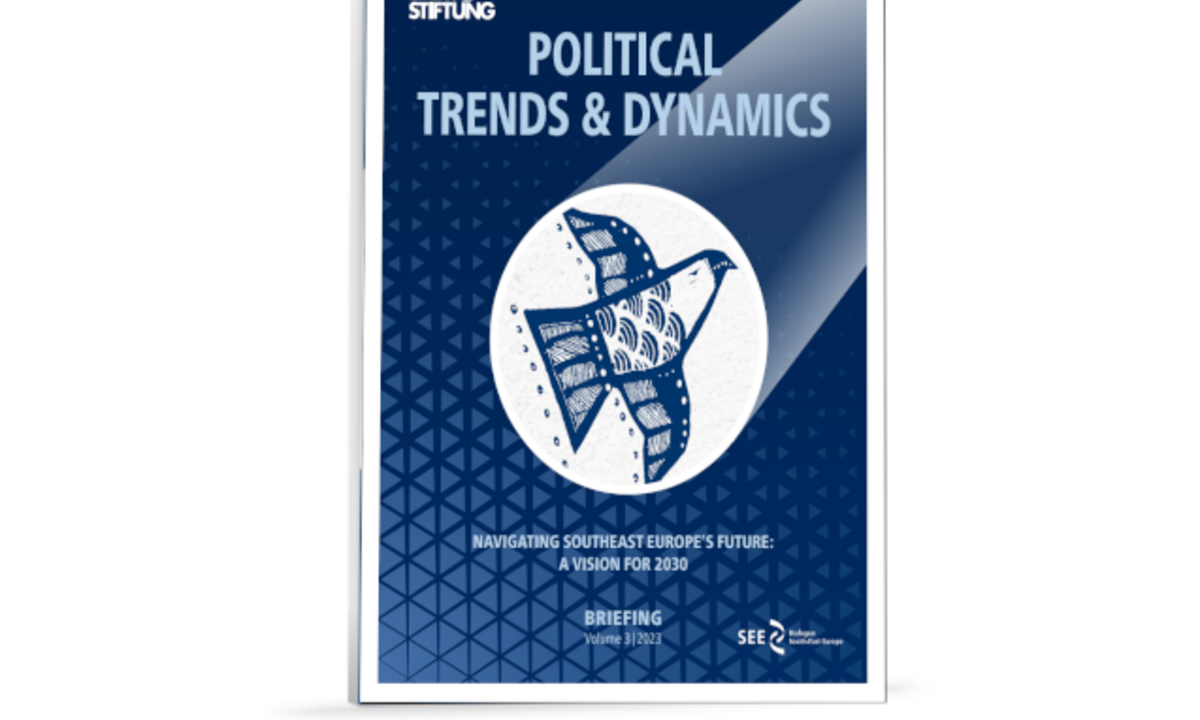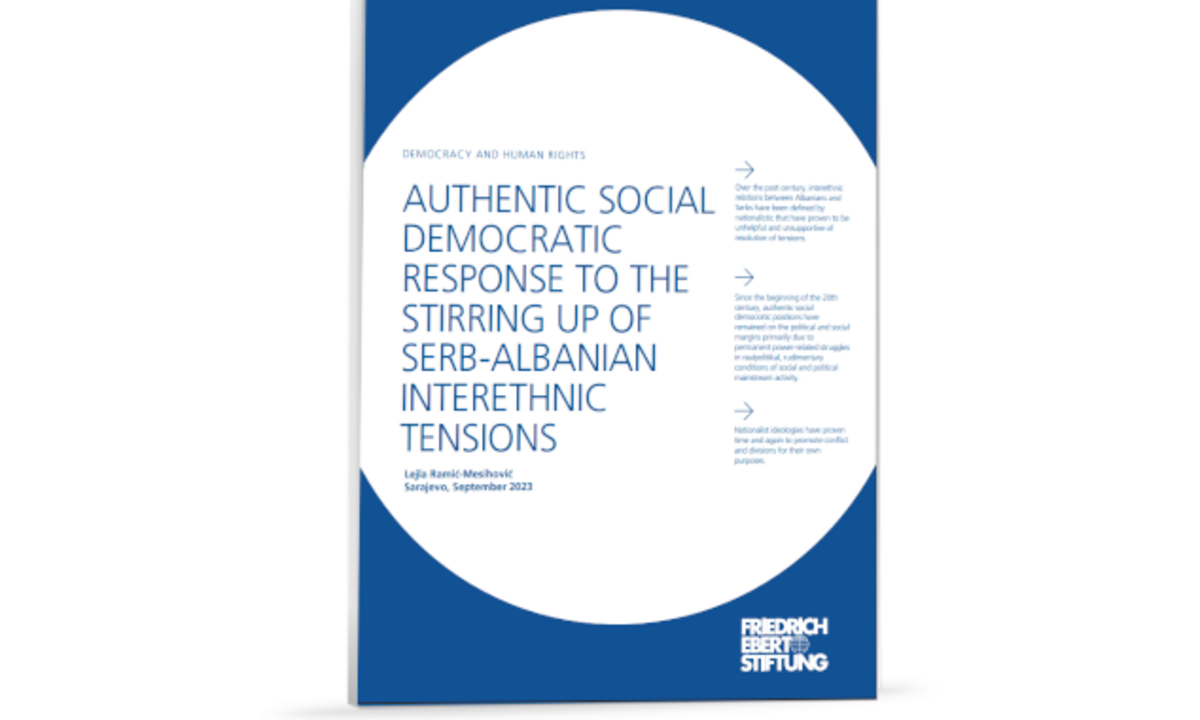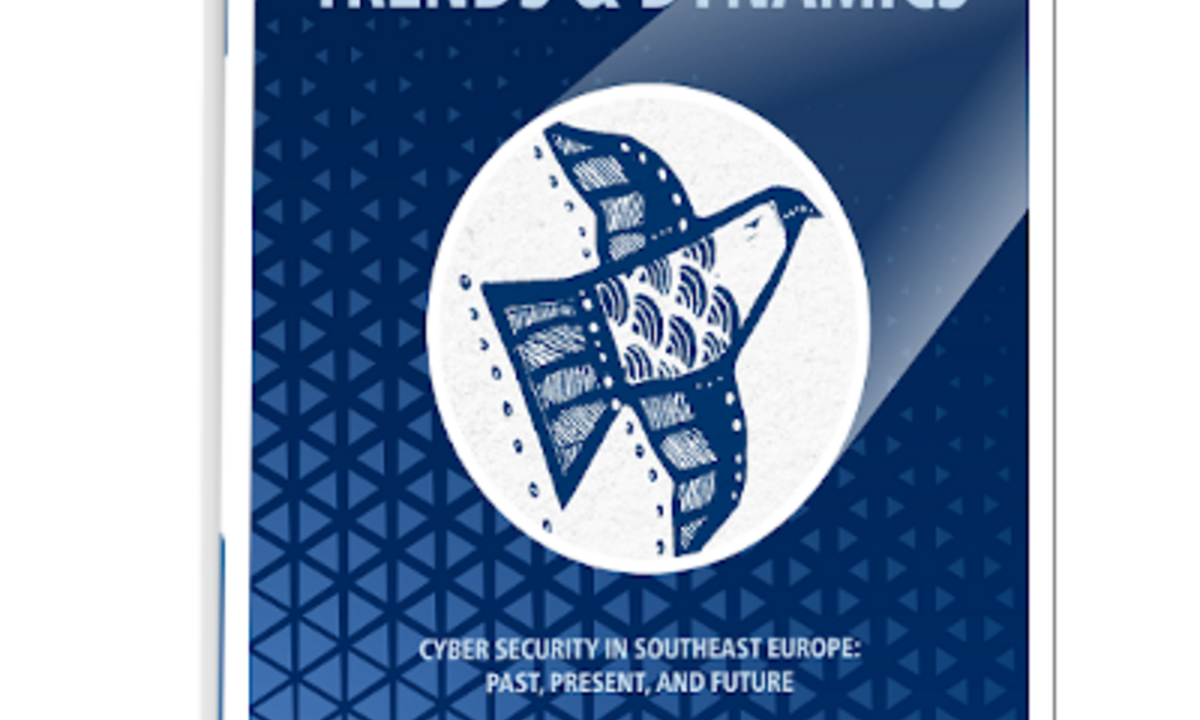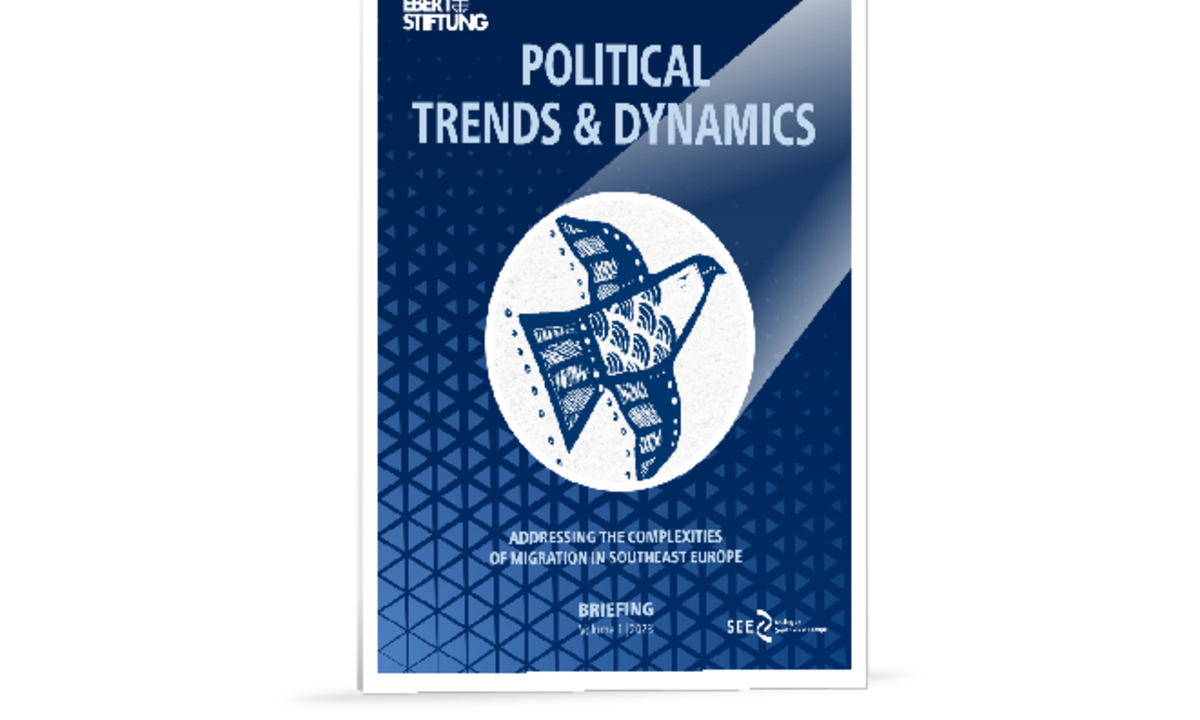Pristina: European Strategic Autonomy in the Western Balkans
The first event held was a public discussion on European Strategic Autonomy in the Western Balkans: Setting priorities right and building up convergence beyond Zeitenwende, in cooperation with ELIAMEP – Hellenic Foundation for European And Foreign Policy and IFRI – French Institute for International Relations. Besnik Bislimi, First Deputy Prime Minister for European Integration, Development and Dialogue in Kosovo, and a welcome address from Rene Schlee, head of FES Kosovo office and Dr. Ralf Melzer, head of FES SOE office, opened the public discussion. The panel gathered eminent researchers and practitioners from the field of security and foreign policy Ruth Ferrero-Turrion (Professor, Complutense Institute of International Studies, Madrid), Ioannis Armakolas (Professor, University of Macedonia, Athens), Engjelluse Morina (European Council on Foreign Relations, Berlin) and Clotilde Warin (Policy Advisor, Center for Analysis, Planning, and Strategy / French Ministry for Europe and Foreign Affairs, Paris).
The public discussion opened questions like the potentially increased engagement of the European Union in the Western Balkan region and what European Strategic Autonomy means in this context. The discussion was held in the context of the salient debate on Zeitenwende, initiated by the tragic Russian invasion of Ukraine, and its implications on European Union’s geopolitical ambitions. The side-effect of the Zeitenwende in the context of European politics is also the strategic importance of the Western Balkans which has significantly grown in 2022. In this region in Europe, uncompleted reform processes, persisting socio-economic fragilities, bilateral issues and stalled EU accession perspectives have lastingly fuelled vulnerabilities, which external actors, like Russia, have been keen on exploiting. Therefore, the need to engage more strategically in the region is as pressing as ever. This is particularly the case in Kosovo, for want of shared recognition by EU Member states and normalised relations with Serbia.
The public discussion is also part of an initiative launched in March 2022 by a group of experts meeting for the first time in the Castle of Pezinok, Slovakia. The initiative’s goal is to create a platform of reflection where experts and practitioners can openly discuss their country’s perspectives, priorities, and sensitivities regarding EU strategic autonomy in general and in the Western Balkans in particular.
In addition to the public panel discussion, a series of closed, expert discussions were held during the second day on the national perspectives of Western Balkan countries in terms of European Strategic Autonomy, EU Enlargement Plans, and the concept of the European Political Community. The event ended with a conversation with government representatives at the Ministry of Foreign Affairs of Kosovo.
Friedrich-Ebert-Stiftung
Dialogue Southeast Europe
Kupreška 20, 71000 Sarajevo
Bosnia and Herzegovina
Team & Contact
Subscribe to our mailing list and receive our publications as soon as they are available: send us your contact info via info.soe(at)fes.de
